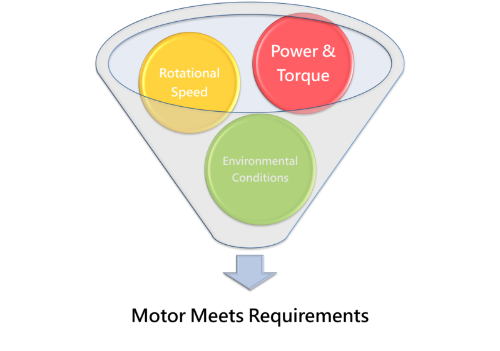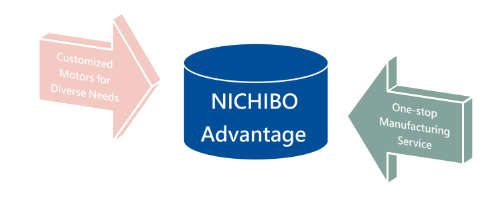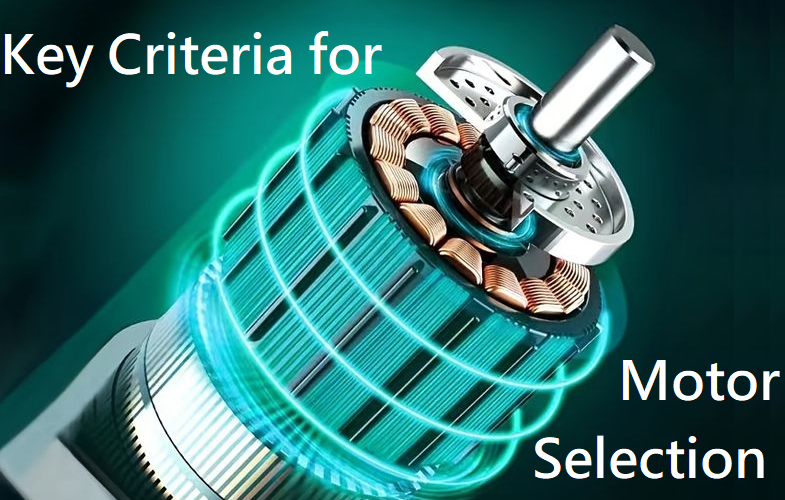Technical Forum
2024-12-17
Three Key Factors For Choosing A Motor
1. Power and Torque
The power of a motor determines its maximum energy output, typically measured in watts (W). The greater the power, the higher the torque (rotational force) the motor can provide, allowing it to drive heavier loads. However, increasing power often comes with an increase in the motor's size and weight. To meet your diverse needs, we can customize motor solutions tailored to your specifications based on different wire types, wire diameters, and coil turns.
2. Rotational Speed
Rotational speed refers to the number of revolutions per minute (RPM) of the motor. It not only affects the speed adjustment of products like fans, but also has a significant impact on the motor's performance and lifespan. In general, motors with higher speeds tend to have a shorter lifespan. Additionally, speed is crucial for control precision. Higher speeds require high-resolution encoders to improve the product's response ability and accuracy during operation.
3. Environmental Conditions
The location of use or the environment where the motor is stored significantly impacts its performance and lifespan. A motor is a component made from various materials, and different operating environments require materials with appropriate resistances. For instance, high or low temperature environments should use magnets with demagnetization resistance; underwater equipment requires a closed structure and suitable lubricants to enhance waterproofing and heat dissipation.

NICHIBO 's Unique Advantages
1. Unlike large manufacturers that produce motors with standardized specifications, NICHIBO DC MOTOR focuses on creating custom motors tailored to your product's diverse needs, especially suited for customers with innovative ideas or those developing new products.
2. From small batch production trials to large-scale manufacturing and shipment, we offer a one-stop service and grow alongside your expanding business!

Need more replacement model options or customized motor solutions?
Provide your application details, size limitations, required output torque/gear ratio, and annual production volume. Our team will assess the optimal design configuration and project schedule for your needs.


